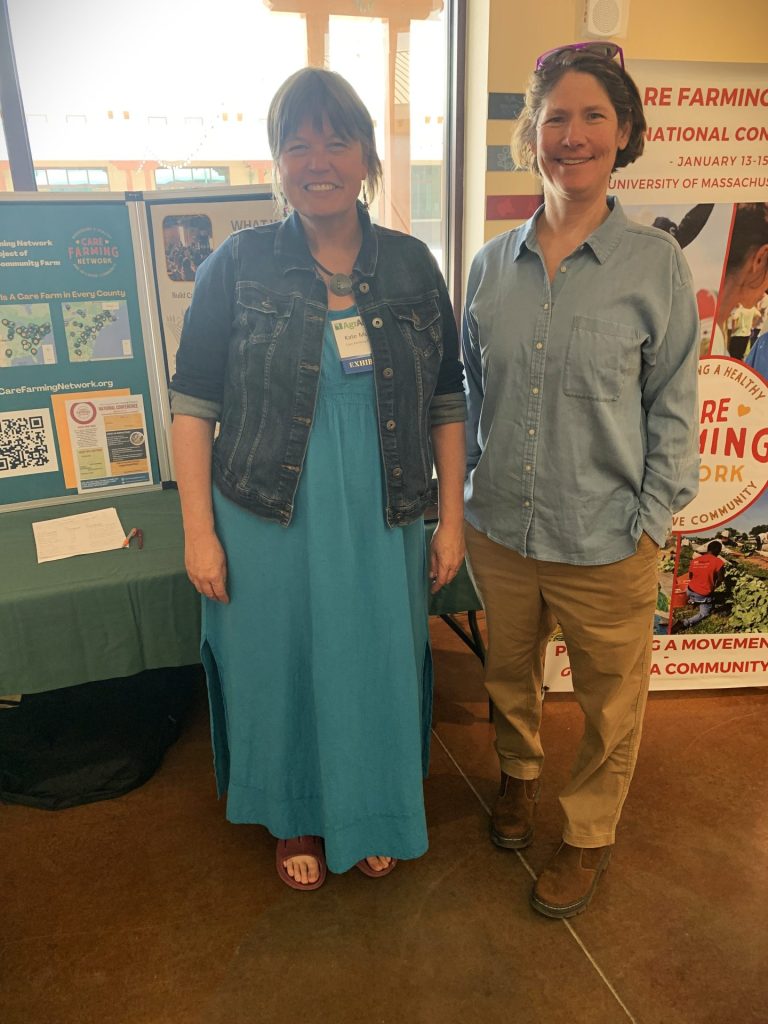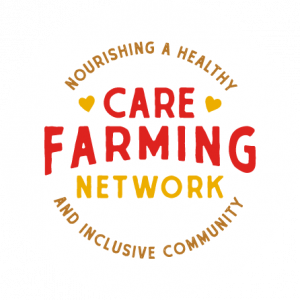Care Farming Network recently attended the 2025 AgrAbility National Training Workshop in Las Cruces New Mexico, and we are excited to share the insights and connections made during our trip.
The vision of AgrAbility is to enhance the quality of life for farmers, ranchers, and other agricultural workers with disabilities, and they work to support farmers and ranchers by providing resources, training, and assistive technology. With 21 state-based AgrAbility Projects (SRAPs) across 22 states, AgrAbility is a U.S. Department of Agriculture program to assist farmers, food growers, and farm families who are touched by a disability, chronic health problem, or just getting older, which affects their ability to take part in an agricultural lifestyle.
The workshop provided a wealth of valuable knowledge, primarily focused on supporting farmers with physical disabilities, though the discussions highlighted areas that could benefit from further innovation. We connected with AgrAbility conference organizers, who had attended Care Farming Network’s National Conference in January 2025, and we’re excited about continuing our collaboration, as both organizations work to empower individuals with diverse abilities.
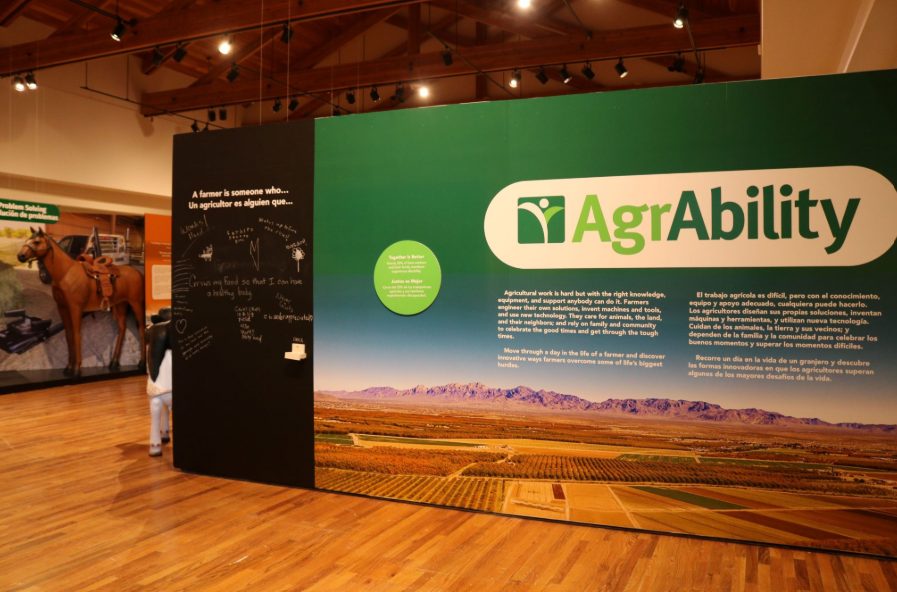
Accessibility Resources for Farmers with Disabilities
At the heart of the breakout sessions were a series discussions, including a look at adaptive farming equipment, accessible tools, and strategies for including youth with disabilities in agricultural education programs. Some of the key topics we heard about include:
Laura Akgerman from Ohio AgrAbility shared a wealth of resources to assist with farm accessibility during events. The session highlighted the importance of proactive planning, ensuring that marketing and registration materials are accessible for individuals with various disabilities. A simple but powerful recommendation was to include a statement on your website inviting accommodation requests, helping make events more inclusive. Ohio AgrAbility also offers helpful tools like an accessibility checklist to ensure farms can assess and address any barriers to participation on their farms.
Inclusive Agricultural Education for Youth
Vanessa Sperro, from Florida AbrAbility, presented research on youth inclusion for those with intellectual and developmental disabilities (IDD). Her findings show that inclusion in agricultural activities has immense benefits for both neurodivergent youth and their neurotypical peers. Through mentoring and peer teaching models, adolescents gain valuable life skills, while fostering greater tolerance and reducing bias. The research highlights a crucial gap in agricultural education, with a call for extension agents to attend disability and transition fairs, raising awareness of career opportunities in agriculture for students with disabilities.
Vocational Rehabilitation and Work Support
AgrAbility’s partnerships with vocational rehabilitation offices (VR) were also a major focus, showcasing how these offices provide pre-employment training, job placement, on-the-job training, and assistive technology to farmers with disabilities.
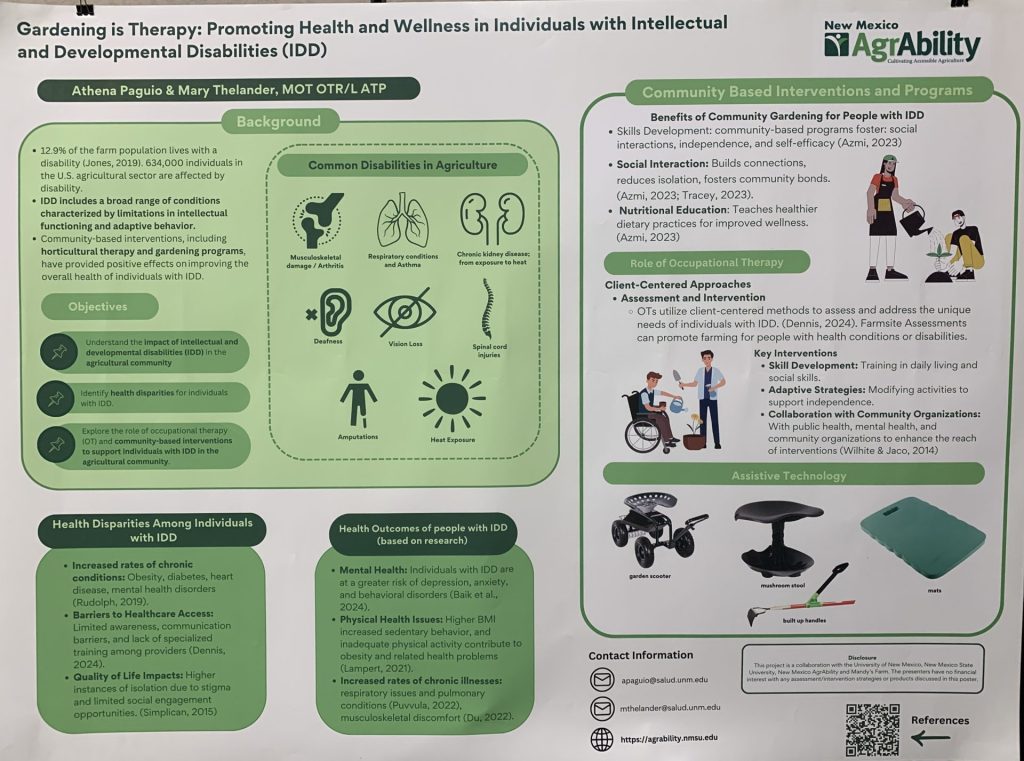
The Importance of Mental Health in Farming
In addition to the practical aspects of farming, sessions also included the well-being of farmers. One standout presentation was from the “Heroes to Hives” program, which uses beekeeping as a form of therapy for veterans. Studies show that beekeeping can improve mental health, providing a calming, therapeutic experience for individuals facing emotional challenges.
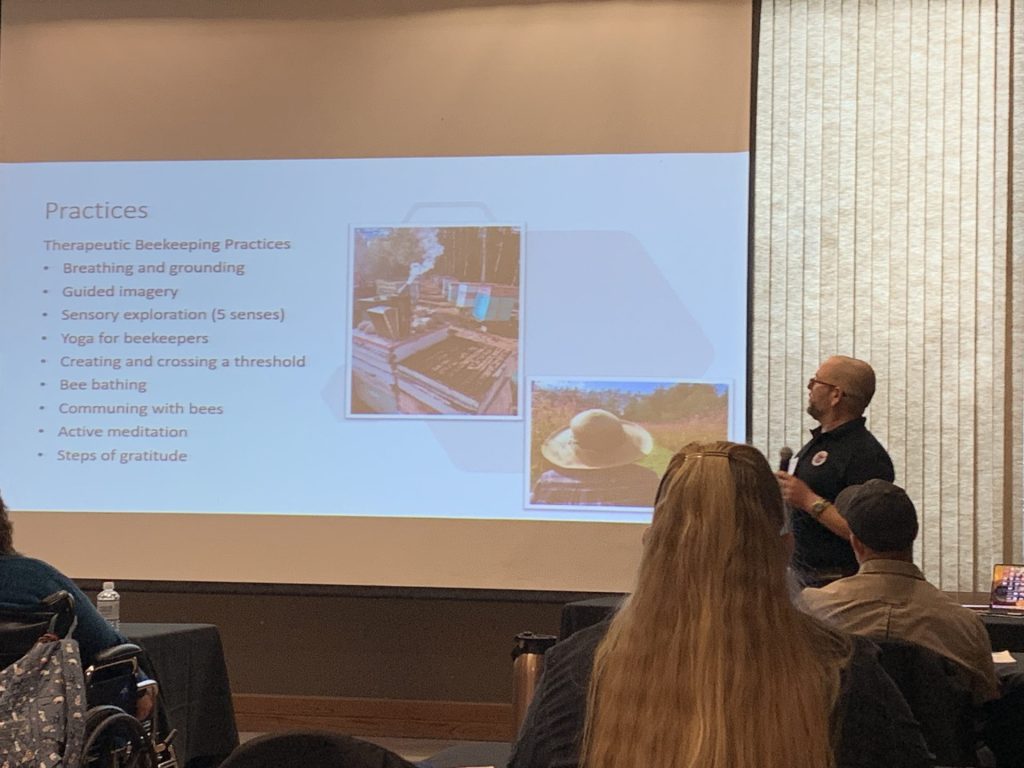
Mandy’s Farm Presentation was a highlight!
One of the standout presentations was from, Mandy’s Farm, care farm located just south of Albuquerque. They work to empower individuals with intellectual and developmental disabilities to create fulfilling lives through supportive and accessible housing, meaningful employment, and valued community connections. Through a federally-funded partnership with New Mexico State University, the New Mexico Technology Assistance Program, and the University of New Mexico, Mandy’s Farm offers programming designed specifically for people with disabilities who wish to access education and vocational support designed to cultivate a career in farming. They do this by offering a two-year program for apprentices, designed to prepare them to work on an existing farm or start a micro-business of their own. Apprentices obtain hands-on and classroom-based training in growing vegetables, cultivating fruit, caring for small livestock, and more. Following the completion of their apprenticeship, disabled farmers have the opportunity to incubate their own farming business within Mandy’s Farm.
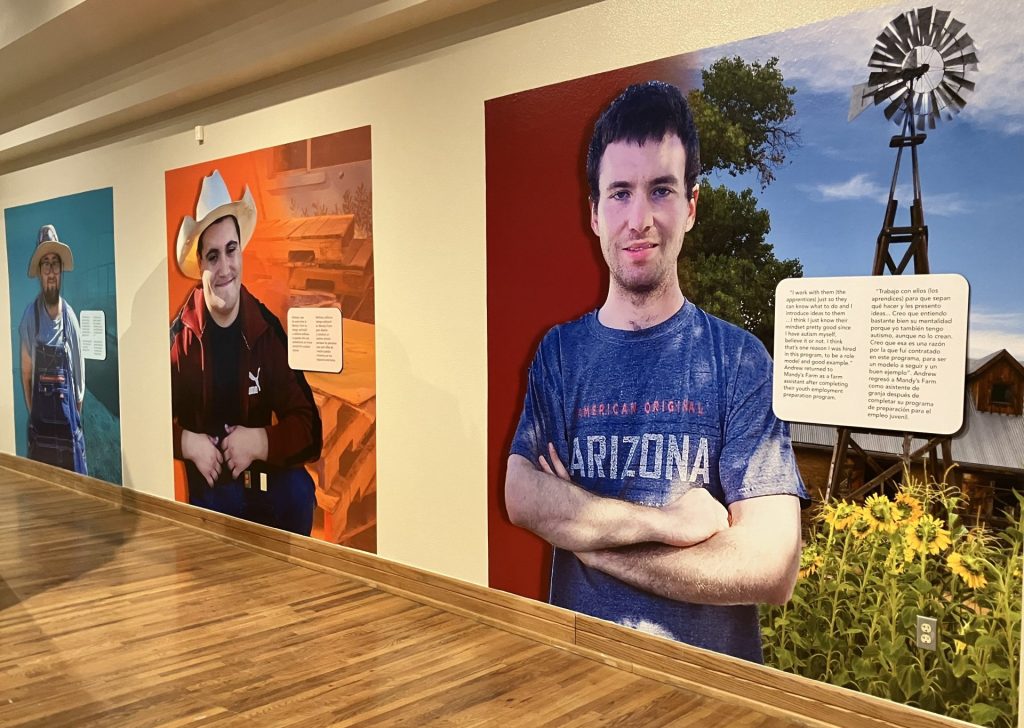
Building a Future Together
The CFN team came away from the AgrAbility National Training Workshop with optimism and plenty of new connections. We look forward to deepening our connection with AgrAbility to further the mission of care farming, and as we continue to build these bridges, we encourage other care farms, disability advocates, and agriculture professionals to join us in creating a more accessible and supportive agricultural community. We also encourage you to explore whether your state has an AgrAbility chapter… connect with them if so and learn how you might work together!
